How to Foster Social Skills in Students with Special Needs
15 January 2025
When it comes to education, every student is different, and each one brings their own unique set of abilities and challenges to the table. For students with special needs, the development of social skills can often be a bit more complex. These students might struggle to pick up on the social cues that many of their peers grasp naturally, and this can sometimes lead to feelings of isolation or frustration. But here's the good news: with the right strategies and support, you can help foster strong social skills in students with special needs. In fact, it's not only possible but highly rewarding to witness their growth!
In this guide, we will dive deep into practical, effective ways to nurture social skills in these students, providing them with the tools they need to build relationships, communicate effectively, and navigate social situations. Let's get started, shall we?
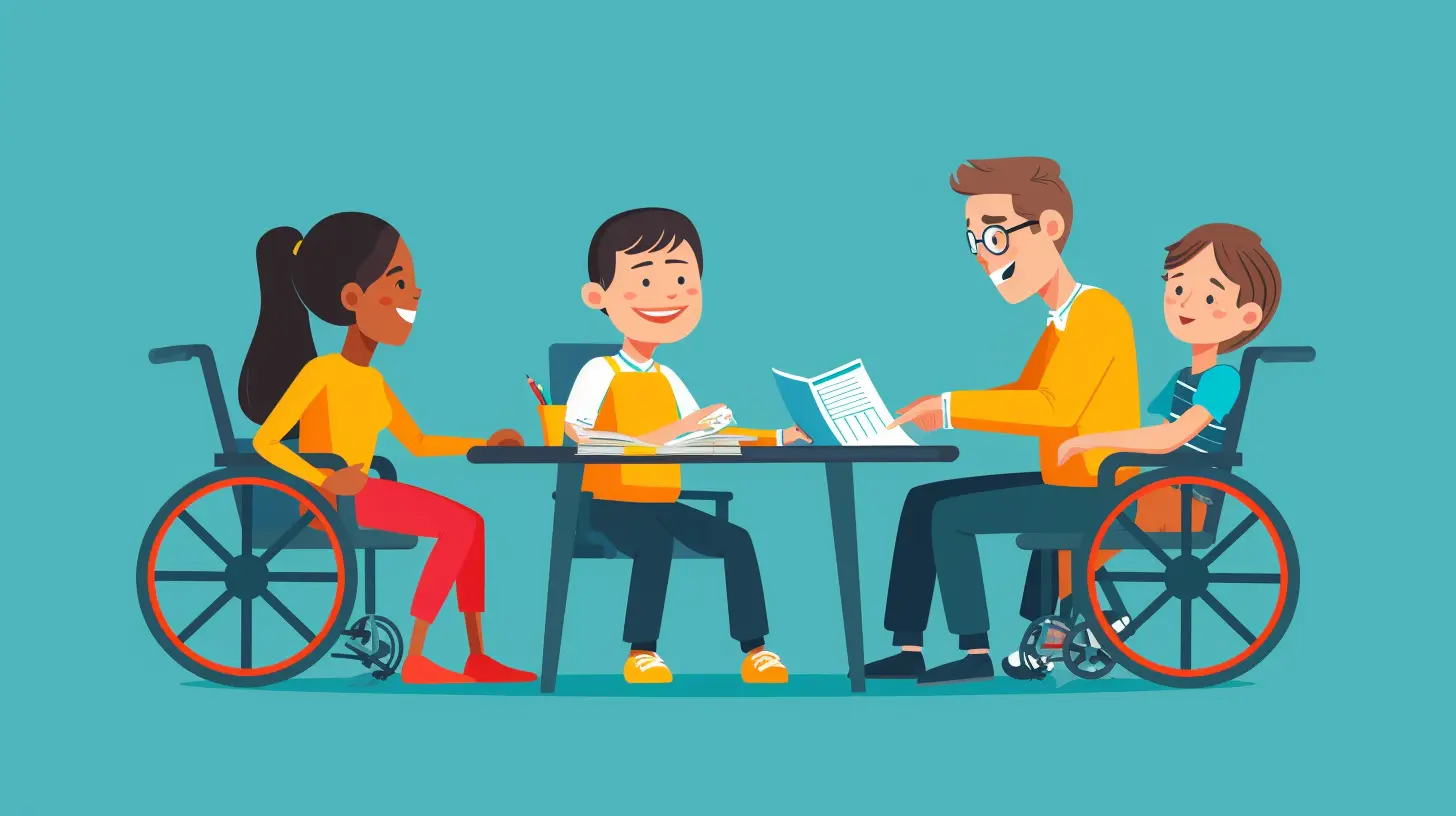
Why Are Social Skills Important for Students with Special Needs?
Before we jump into the "how," it’s important to understand the "why." Social skills are essential for everyone, but they can be particularly crucial for students with special needs. Why? Because social interactions are a big part of everyday life. Whether it’s making friends, working in groups, or simply asking for help, navigating social situations is a fundamental life skill.For students with special needs, social challenges can sometimes hinder their ability to connect with others. This can lead to feelings of loneliness or even anxiety. Developing social skills can help students:
- Build meaningful relationships
- Improve self-esteem
- Enhance communication abilities
- Foster independence
When we help these students develop their social skills, we’re not just teaching them how to interact with others; we’re giving them the tools they need for lifelong success.
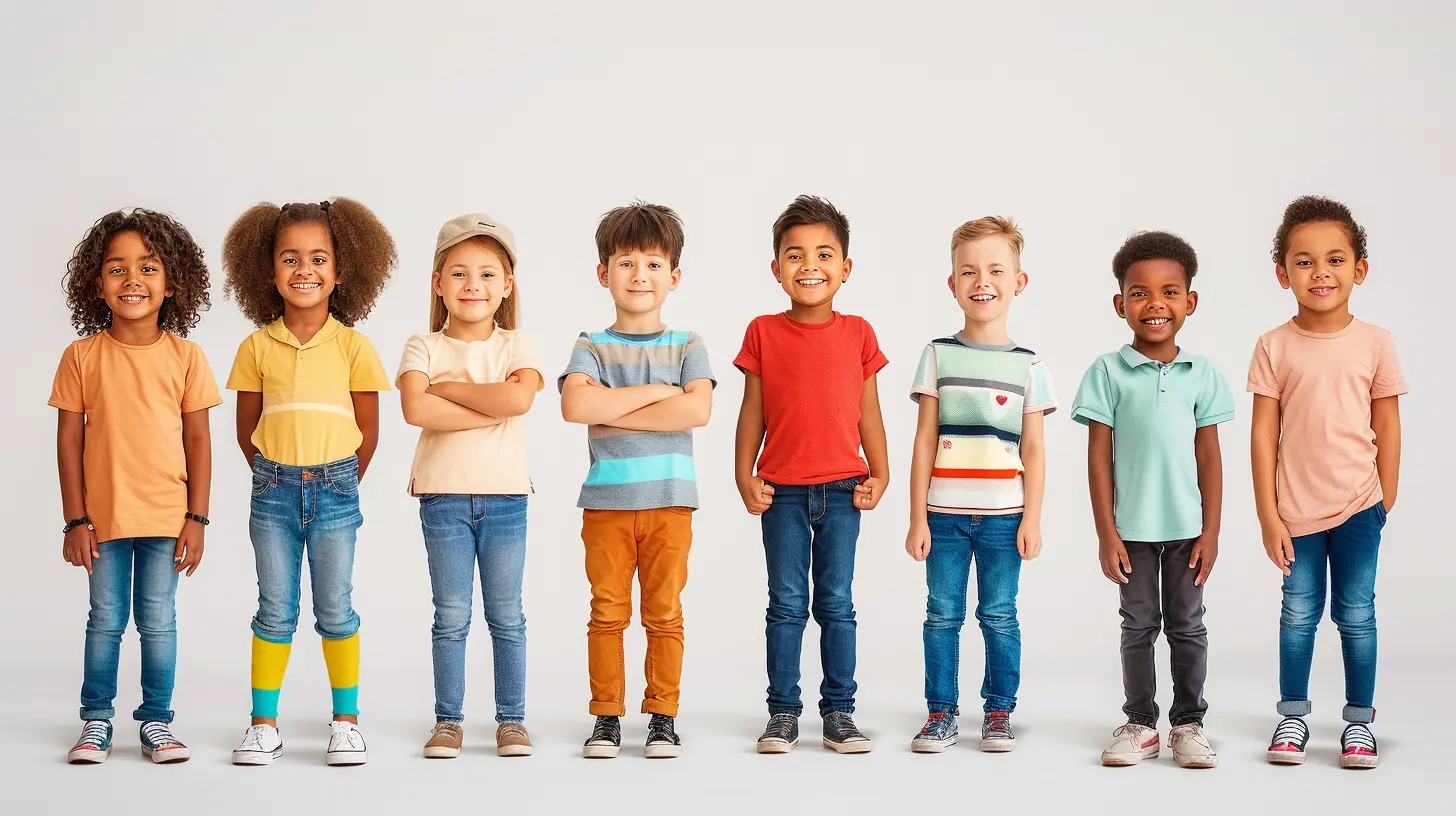
Understanding the Unique Challenges
No two students are exactly alike, and this is especially true for students with special needs. Challenges can vary widely depending on the individual’s condition, such as autism, ADHD, Down syndrome, or learning disabilities. However, some common difficulties these students might face include:- Non-verbal communication: Struggling to interpret facial expressions, body language, or tone of voice.
- Difficulty with conversations: Trouble starting or maintaining conversations, understanding social norms, or knowing how to take turns speaking.
- Social anxiety: Feeling overwhelmed or anxious in group settings.
- Inflexibility: Difficulty adapting to new social situations or changes in routine.
Understanding these challenges is the first step in helping students overcome them. With patience, empathy, and the right strategies, we can guide them toward better social interactions.
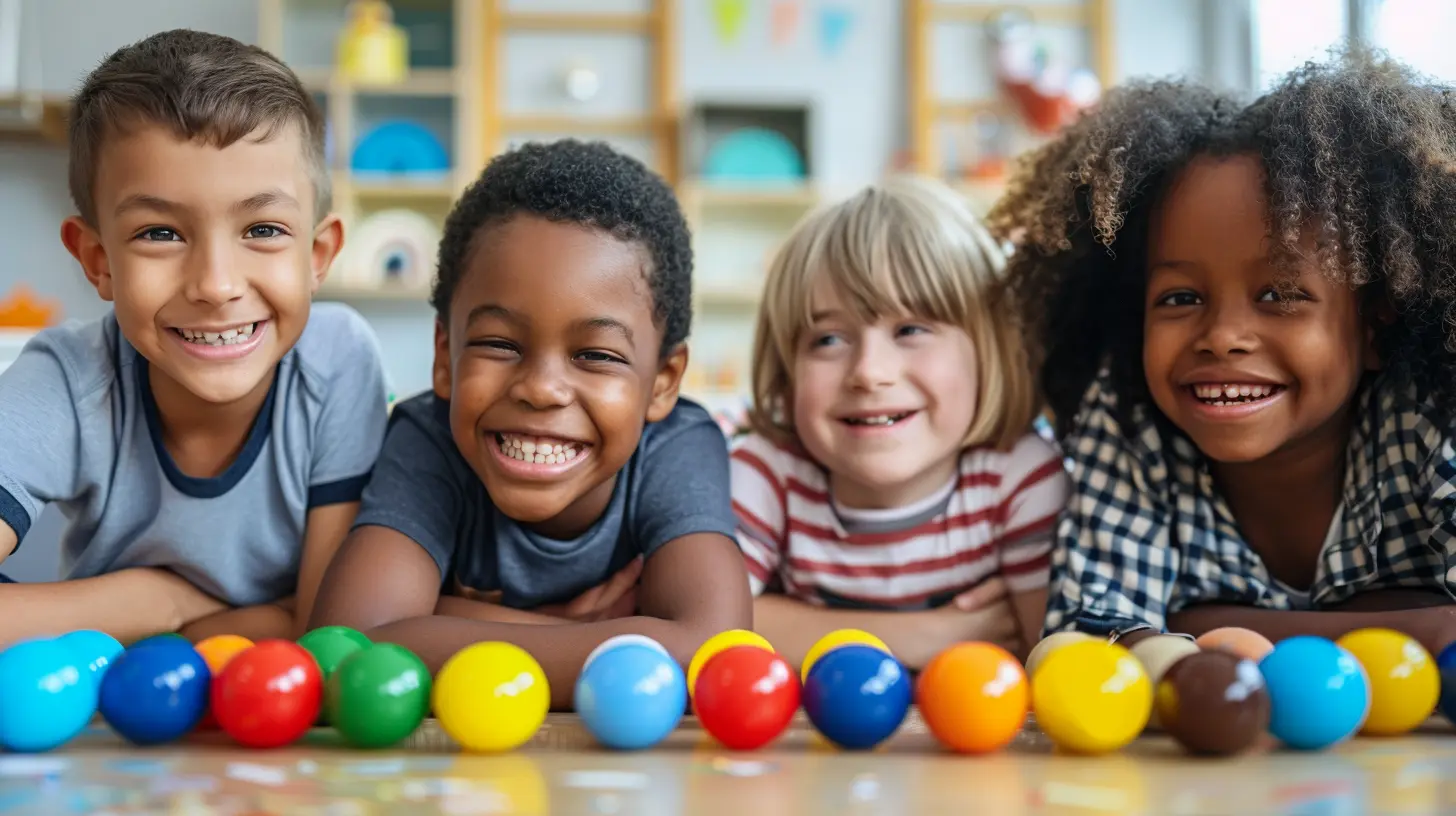
Strategies for Fostering Social Skills
1. Create a Safe and Supportive Environment
The first thing to keep in mind when fostering social skills is that students need to feel safe. A supportive environment is key. If a student feels judged or anxious about making mistakes, they will be less likely to engage in social interactions. Create a space where students can practice social skills without fear of embarrassment.- Encourage a growth mindset: Let them know that it’s okay to make mistakes and that social skills, like any other skills, can improve with practice.
- Model positive behavior: Teachers and peers should model appropriate social behavior, showing students how to engage with others respectfully and kindly.
- Incorporate positive reinforcement: Celebrate small victories. Acknowledge when students successfully engage in social interactions, no matter how small.
2. Use Social Stories
Social stories are an excellent tool for teaching students with special needs how to navigate social situations. These short, personalized stories help explain what someone might expect in a certain situation and how they should behave.For example, if a student struggles with greeting people, you can create a social story that outlines the steps of saying “hello” and making eye contact. Social stories help students visualize and mentally practice social interactions before they happen, making them feel more prepared and less anxious.
- Keep it simple and clear: Use straightforward language and visuals to ensure the story is easy to understand.
- Make it relatable: Tailor the story to the student's specific needs and real-life situations they may encounter.
3. Role-Playing Activities
Role-playing is a fun and effective way to teach social skills. By acting out different scenarios, students can practice how to react in various social situations. This hands-on approach helps them learn by doing, rather than just hearing about what they should do.- Start with simple scenarios: Begin with basic interactions, like how to introduce themselves or ask for help.
- Gradually increase complexity: As they become more comfortable, introduce more complex situations, such as handling disagreements or working in a group.
- Provide immediate feedback: After each role-play, give constructive feedback and praise their efforts.
4. Teach Emotional Regulation
Social interactions can be overwhelming for students who struggle with emotional regulation. Teaching students how to manage their emotions can help them stay calm in social situations and avoid becoming frustrated or upset.- Introduce mindfulness techniques: Teach students simple breathing exercises or grounding techniques to help them manage anxiety.
- Use visual aids: Picture charts that show different emotions can help students identify how they’re feeling.
- Encourage self-awareness: Help students recognize when they’re becoming upset and teach them coping strategies to calm down before reacting.
5. Structured Play and Group Activities
Structured play is an excellent way to encourage social interaction in a controlled environment. Group activities, like games or collaborative projects, give students the opportunity to practice working with others while still having fun.- Small groups work best: Start with small groups to minimize feelings of overwhelm. Gradually increase the group size as students become more comfortable.
- Assign roles and tasks: This helps students understand their responsibilities and how to interact with others to complete a project or task.
- Use cooperative games: Games that require teamwork are perfect for teaching students how to communicate and collaborate.
6. Peer Mentorship and Buddy Systems
Pairing students with understanding and empathetic peers can help them learn social skills in a non-threatening way. Peer mentorship or buddy systems allow students with special needs to observe and mimic social behaviors in a more natural setting.- Choose the right buddies: Select peers who are patient, kind, and willing to help. These students can serve as role models for appropriate social behaviors.
- Set guidelines for interaction: Provide both the mentor and the mentee with specific instructions on how they should interact. For example, the mentor might be tasked with initiating conversations, while the mentee practices responding.
7. Explicitly Teach Social Norms
Sometimes, students with special needs struggle to pick up on unspoken social rules. These are the norms that many of us take for granted, like knowing when it’s appropriate to interrupt or understanding personal space. It’s important to explicitly teach these norms to help students navigate social interactions.- Use visual cues: Posters or visual aids that outline social rules (e.g., "Wait your turn to speak" or "Stand an arm’s length away") can be helpful reminders.
- Practice in real situations: After discussing social norms, encourage students to practice them in real-life settings, like during recess or group work.
8. Encourage Self-Advocacy
It’s important for students with special needs to learn how to advocate for themselves in social situations. This means teaching them how to express their needs and boundaries clearly and respectfully.- Teach clear communication: Help students practice using “I” statements to express their feelings, such as “I feel upset when people talk over me.”
- Reinforce the importance of boundaries: Let students know that it’s okay to set boundaries in social situations and that respecting others' boundaries is equally important.
9. Use Technology to Enhance Learning
In today's digital age, there are so many tools available that can help students practice social skills in an engaging way. From apps to video modeling, technology can be an excellent supplement to traditional teaching methods.- Social skills apps: These apps often present real-life scenarios where students can practice making choices and receiving feedback in a safe, virtual environment.
- Video modeling: Show videos of people interacting in different social situations. Afterward, discuss with students what they observed and how they would respond.
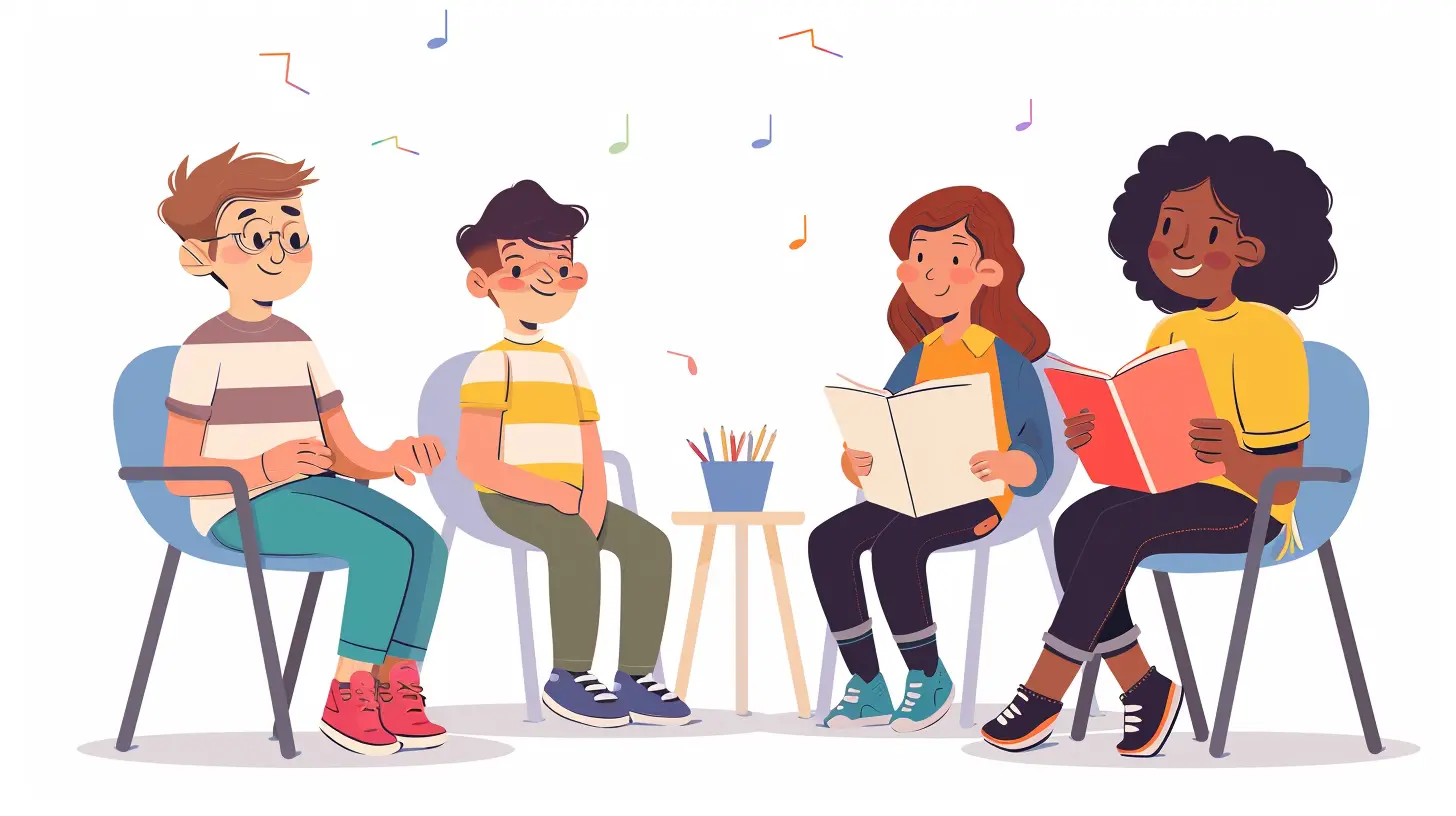
The Role of Parents and Caregivers
It’s essential to remember that fostering social skills doesn’t stop at the classroom door. Parents and caregivers play a crucial role in reinforcing these skills at home and in the community. Communication between teachers and parents is key to ensuring consistency and progress.- Share progress and strategies: Regularly update parents on their child’s progress and suggest activities they can do at home to support social skill development.
- Encourage social outings: Suggest that parents organize playdates or social outings where their child can practice the skills they’ve been working on.
- Provide resources: Offer parents materials, such as books or apps, that they can use to help their child continue learning.
Conclusion
Fostering social skills in students with special needs is not only achievable but incredibly important for their overall development. By using a combination of patience, empathy, structured activities, and explicit teaching, we can provide these students with the tools they need to thrive in social settings. Remember, it’s all about creating a supportive environment where they feel safe to learn, grow, and make mistakes. With time and the right strategies, these students can build meaningful relationships, improve their communication skills, and gain the confidence to navigate the world around them.So, don’t be afraid to try different approaches and see what works best for your students. At the end of the day, every small step forward is a victory worth celebrating.
all images in this post were generated using AI tools
Category:
Special EducationAuthor:

Monica O`Neal
Discussion
rate this article
17 comments
Colt Fry
Empathy and practice matter!
March 28, 2025 at 4:08 AM

Monica O`Neal
Absolutely! Empathy and consistent practice are key to nurturing social skills effectively.
Hannah Perry
Great insights! Supporting social skills in students with special needs fosters connection and confidence.
March 14, 2025 at 9:30 PM

Monica O`Neal
Thank you! I'm glad you found the insights valuable. Supporting social skills is indeed crucial for building connections and confidence in students with special needs.
Skylar McVeigh
Thank you for addressing such an important topic! Supporting students with special needs in developing social skills is crucial for their growth and inclusion. Your insights will undoubtedly inspire educators to create more nurturing and understanding environments.
February 4, 2025 at 3:38 AM

Monica O`Neal
Thank you for your thoughtful comment! I'm glad to hear you found the topic important—creating inclusive environments is key to supporting all students.
Karen Duffy
Building social skills in students with special needs can be achieved through structured activities, peer interactions, and individualized support, fostering confidence, communication, and meaningful relationships.
January 30, 2025 at 11:31 AM

Monica O`Neal
Thank you for your insightful comment! I completely agree that structured activities and peer interactions are vital for building social skills in students with special needs. Individualized support truly makes a difference in fostering their confidence and relationships.
Barrett Cross
This article offers invaluable insights into nurturing social skills in students with special needs, emphasizing tailored strategies that promote inclusion, confidence, and meaningful interactions.
January 25, 2025 at 11:23 AM

Monica O`Neal
Thank you for your kind words! I'm glad you found the insights helpful for nurturing social skills in students with special needs.
Aiden Weber
Great insights! Fostering social skills in students with special needs is crucial for their growth. Your practical strategies will empower educators to make a meaningful impact.
January 24, 2025 at 3:16 AM

Monica O`Neal
Thank you for your kind words! I'm glad you found the strategies valuable for empowering educators.
Cassandra Stevens
Teaching social skills: like knitting friendships with quirky, colorful yarn!
January 23, 2025 at 11:45 AM

Monica O`Neal
Absolutely! Just like knitting, fostering social skills requires patience, creativity, and a mix of different approaches to weave strong connections.
Remington Lamb
Teaching social skills: like herding cats, but with more glitter glue and less meowing. Let's do this!
January 23, 2025 at 5:16 AM

Monica O`Neal
Absolutely! Fostering social skills can be a challenging yet rewarding journey, filled with creativity and fun. Let's embrace the chaos and shine together! 🌟
Samuel Lynch
This article provides valuable insights on enhancing social skills for students with special needs. Implementing practical strategies and fostering a supportive environment can significantly empower these students to build meaningful relationships and improve their social interactions.
January 21, 2025 at 4:32 AM

Monica O`Neal
Thank you for your thoughtful comment! I'm glad you found the insights on fostering social skills valuable. Supporting these students is crucial for their growth and relationship-building.
Caitlin Franco
Encourage group activities to enhance communication and social interaction.
January 20, 2025 at 7:30 PM

Monica O`Neal
Great suggestion! Group activities are essential for building communication and social skills in students with special needs.
Thane Russell
Love this! Fostering social skills is such a vital part of education. Every small step can make a big difference in a child's confidence!
January 19, 2025 at 12:28 PM

Monica O`Neal
Thank you! I completely agree—building social skills is essential for boosting confidence in all students, especially those with special needs. Every little effort counts!
Misty McTigue
Fostering social skills in students with special needs requires tailored approaches, patience, and continuous support from educators and peers.
January 19, 2025 at 4:53 AM

Monica O`Neal
Absolutely! Tailored strategies and ongoing support are essential for effectively developing social skills in students with special needs.
Zorina Hensley
Great insights! Fostering social skills in students with special needs is essential for their development and integration in diverse environments.
January 18, 2025 at 9:05 PM

Monica O`Neal
Thank you! I completely agree; social skills are crucial for their growth and inclusion.
Kimberly Hardy
Empowering students with special needs to develop social skills can be achieved through interactive activities, peer mentoring, and structured group settings. Encourage modeling positive behaviors, provide consistent feedback, and create a supportive environment to enhance their social interactions.
January 17, 2025 at 1:16 PM

Monica O`Neal
Thank you for highlighting the importance of interactive activities and peer mentoring! Your suggestions on modeling positive behaviors and providing consistent feedback are invaluable for fostering social skills in students with special needs.
Piper Bishop
This article provides essential strategies for cultivating social skills in students with special needs. By promoting inclusive activities, encouraging peer interactions, and utilizing tailored teaching methods, educators can create a supportive environment that fosters communication and connection. These tools are vital for enhancing students' social confidence and overall development. Well done!
January 17, 2025 at 4:53 AM

Monica O`Neal
Thank you for your thoughtful feedback! I'm glad you found the strategies helpful for fostering social skills in students with special needs. Your support is much appreciated!
Inez Franklin
Great insights! Fostering social skills in students with special needs is so important. Simple strategies can make a big difference in their confidence and interactions. Thanks for sharing!
January 15, 2025 at 7:42 PM

Monica O`Neal
Thank you! I'm glad you found the insights valuable. Empowering students with special needs through social skills is indeed crucial for their growth and confidence.
Beatrix McNeil
This article highlights essential strategies for nurturing social skills in students with special needs, yet it could delve deeper into the importance of individualized approaches and collaborative efforts among educators, families, and peers.
January 15, 2025 at 1:18 PM

Monica O`Neal
Thank you for your feedback! I appreciate your suggestion to explore individualized approaches and collaboration more thoroughly, as they are indeed crucial for effectively fostering social skills in students with special needs.
MORE POSTS

The Role of Education Policy in Combating Systemic Racism
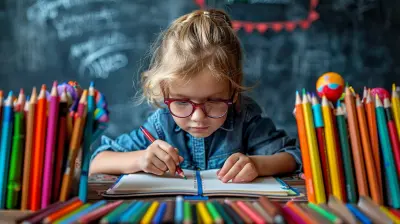
The Impact of Rubrics on Student Self-Efficacy and Confidence
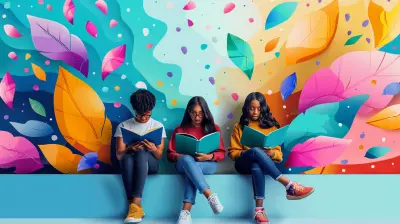
How to Guide Students Through Difficult Texts Without Losing Engagement

How to Create a Study Environment that Maximizes Time

Using Peer Mentors to Support Students with Special Needs

Teaching Statistics and Data Analysis Through Real-World Examples

Preparing for College Interviews: Questions to Expect and How to Answer

How to Teach Students to Approach Problems from Multiple Angles

How to Cultivate a Growth Mindset in Adult Learners

How Teachers Can Incorporate Digital Tools into Lesson Plans
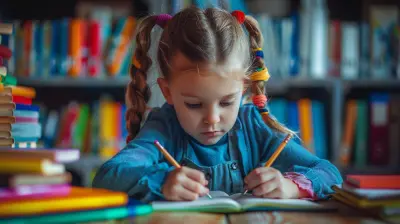
How Learning Styles Shape a Student's Learning Pathway